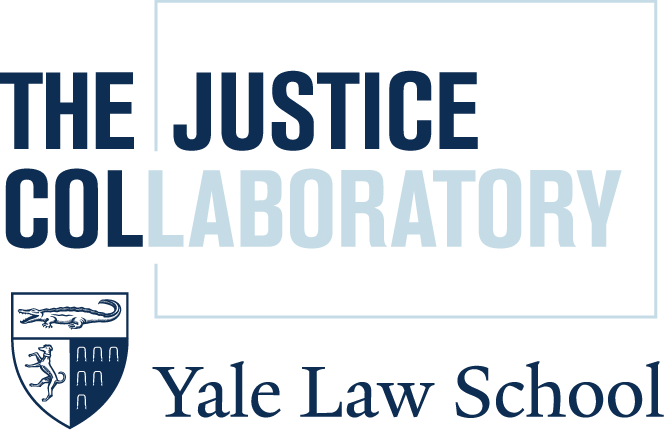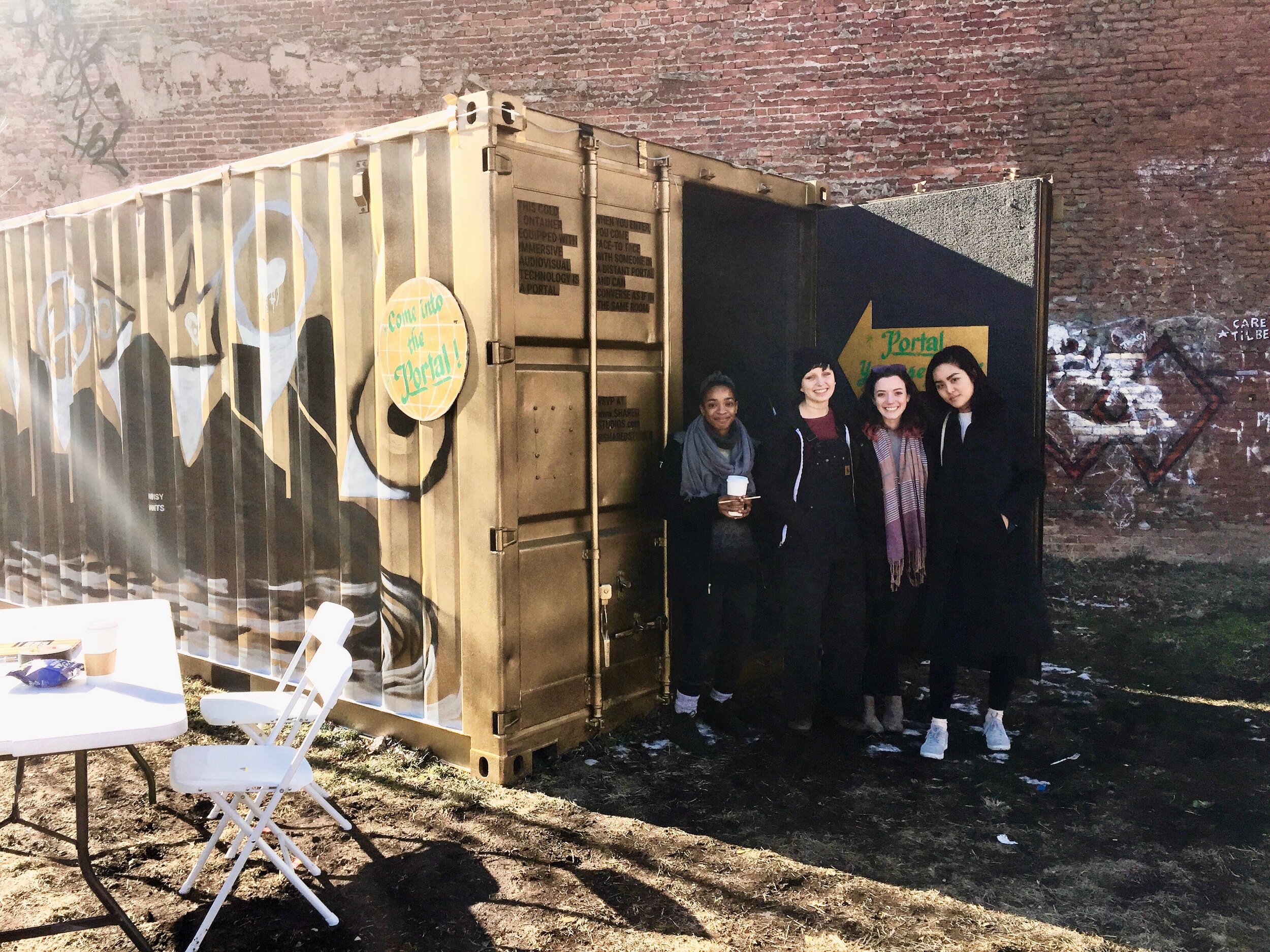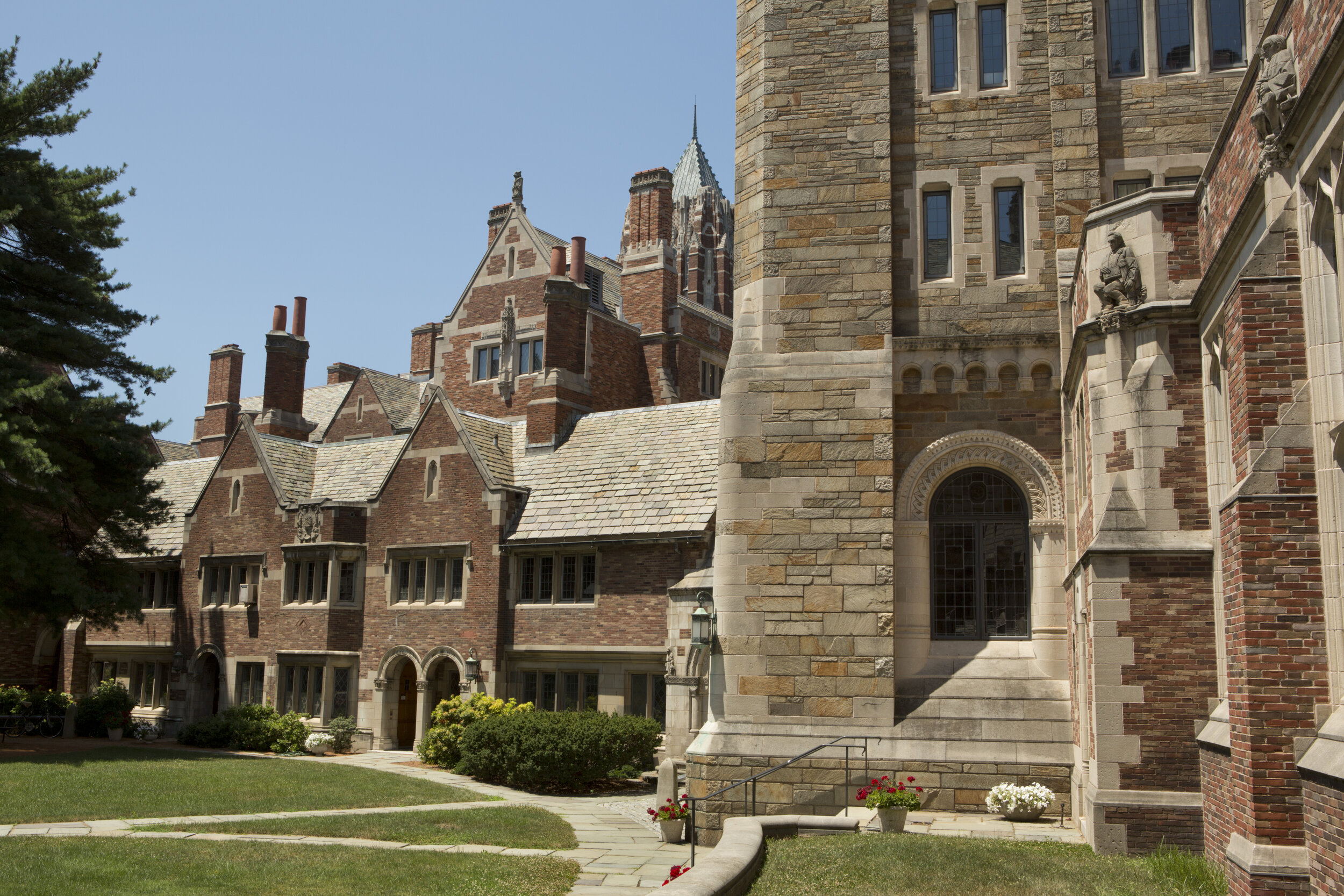Projects
Our work is driven by a diverse community of scholars who conduct justice-focused, community-oriented theoretically grounded work.
Scholar
- Andrade 1
- Aunger 1
- Ayres 1
- Badiei 3
- Baskin-Sommers 1
- Bell 3
- Betts 1
- Bradford 1
- Camacho 1
- Cox 2
- Dessources 1
- Diodati 1
- Erickson 1
- Friedman 1
- Gluck 1
- Goff 1
- Granot 1
- Gripp 6
- Hinton 1
- Jha 1
- Johnston 3
- Katsaros 7
- Kazar 1
- Kim 1
- Kraschel 1
- LaGratta 1
- Lewis 1
- McDonald 1
- Meares 13
- Meyer 1
- Nobo 7
- O'Brien 1
- Parigi 1
- Peyton 1
- Pineda 1
- Prowse 1
- Puglisi 1
- Quattlebaum 3
- SMGI special volume 1
- Schoenebeck 1
- Seau 1
- Sperrazza 1
- Stewart-James 1
- Tyler 16
- Vaughn 3
- Venkatesh 6
- Wang 1
- Weaver 1
- Wheelwright 1
- Yang 1
Data Transparency Advisory Group
Facebook’s Data Transparency Advisory Group (DTAG) assessed Facebook’s methods of measuring and reporting on its Community Standards enforcement policies. DTAG was chaired by Tracey L. Meares and Tom R. Tyler, who are the faculty directors of the Justice Collaboratory.
Social Media Governance Research Network
Yale Law School’s Justice Collaboratory has launched a new research network within their Social Media Governance Initiative. The Research Network is a consortium of scholars working together to examine the sociocultural impacts of digital technologies on contemporary social life.
Working Group to Reimagine Public Safety
In partnership with the Policing Project at New York University School of Law, The Justice Collaboratory organized the convening of two working groups of some of the country’s leading advocates and experts to discuss what a reimagined public safety system would look like.
Workers’ Perspectives Study of Procedural Justice and Criminal Justice System Legitimacy
The Justice Collaboratory conducted a study of perspectives of individuals working at the frontline of six key institutions in New York City’s criminal justice system: prosecutors, defense attorneys, judges, correction officers, probation officers and Criminal Justice Agency interviewers.
RADx Underserved Populations (RADx-UP)
This National Institutes of Health (NIH) program aims to better understand COVID-19 testing patterns among underserved and vulnerable populations disproportionately affected by the pandemic; strengthen the data on disparities in infection rates, disease progression and morbidity and mortality; and develop strategies to reduce the disparities in COVID-19 testing, rates of infection, and outcomes.
Qualitative Assessment of Project Longevity in New Haven, CT
This study qualitatively examined Project Longevity, Connecticut’s largest GVI initiative, to contribute to the limited literature on implementation of gun violence reduction strategies.
Portals Policing Project
Despite the transformation of policing and rising prevalence of encounters with the justice system, current research is ill-suited to help us understand how the Michael Browns of America come to experience the police and state authority more broadly. This important work requires a better way to measure these dynamics across communities. And it requires that we center the voices of the unfree. That we listen. The Portals Policing Project aims to do just that.
Policing, Law, and Policy Clinic at Yale Law School
The Policing, Law, and Policy Clinic offers current Yale Law School students the opportunity to translate cutting-edge empirical research on policing reform into real-world policies
National Initiative for Building Community Trust and Justice
The Justice Collaboratory and members of the National Initiative for Building Community Trust and Justice have designed intervention programs that aim to improve police-community relations in six pilot cities around the country.
Law, Policy & Guns
Through a series of public events, a new course offering, cutting-edge scholarship, and a special issue of The Journal of Law, Medicine & Ethics, the Justice Collaboratory in conjunction with the Solomon Center for Health, Law & Policy is placing a special focus on addressing the epidemic of gun violence in America.
How do Communities Respond to Gun Violence Prevention Policies?
This project involves a qualitative evaluation of gun violence prevention services in New Haven, utilizing a community-based participatory action research (CBPAR) model. Its goal is to explore: (1) How do individuals and communities impacted by gun violence understand its underlying causes and experience its effects? (2) How do individuals and communities experience gun violence prevention work?
A Community Study of Procedural Justice & Criminal Justice System Legitimacy (MOCJ)
The Justice Collaboratory conducted a community study on behalf of the New York City Mayor’s Office of Criminal Justice (MOCJ), looking into New Yorker’s engagement with the city government.
Policing Post-Ferguson Conference: A symposium of the Justice Collaboratory
This convening, sponsored by the Justice Collaboratory, explores how policing in the United States will and/or should be affected by the shooting of Michael Brown in Ferguson, Missouri, and the subsequent nationwide protests.













